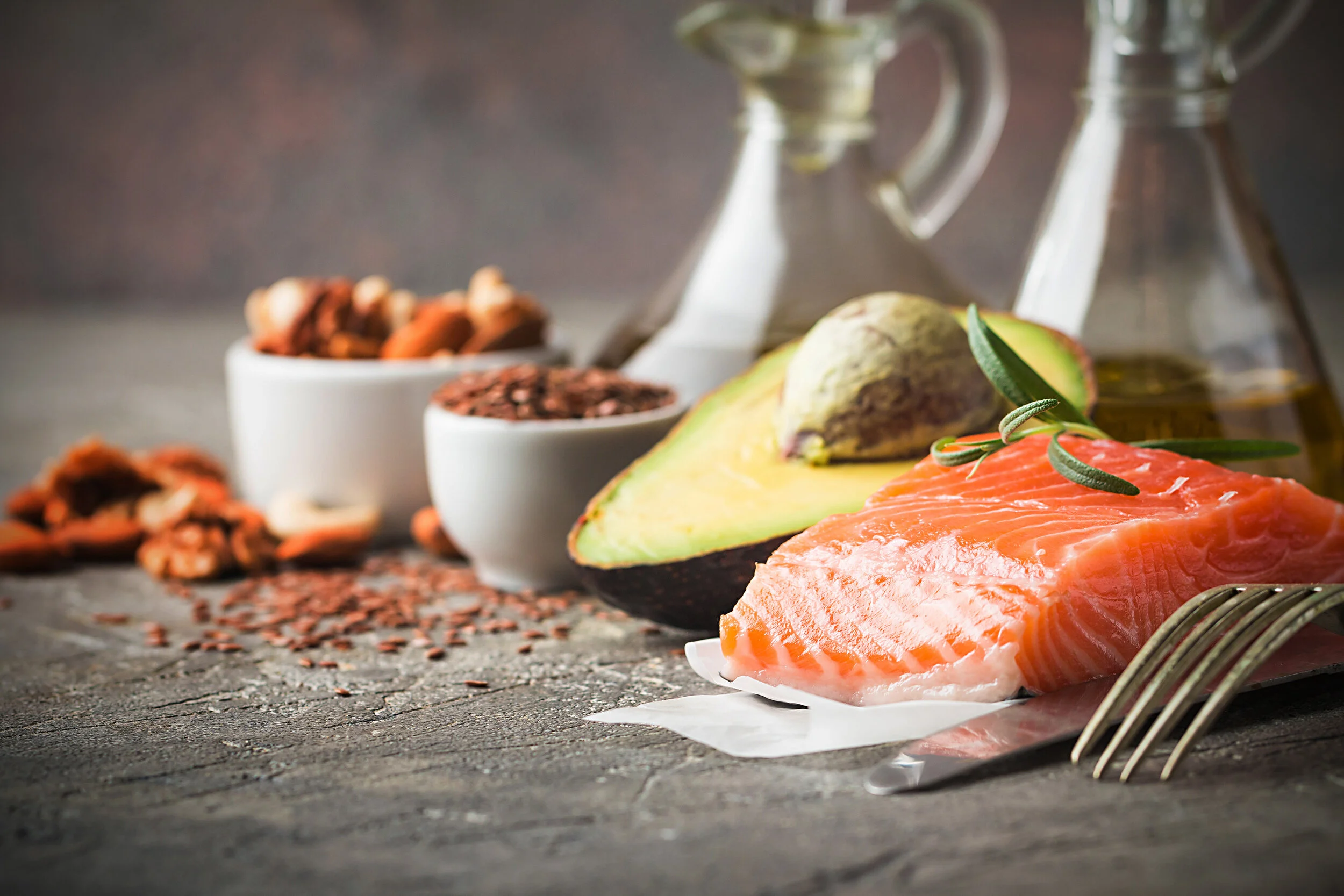The macronutrient, Fat, has a bad reputation in diet culture and especially in the eating disorder world. It doesn’t help that society’s views on body image further create a PR nightmare for the macronutrient.
The common misnomer that eating fat will make you fat is understandable as the name itself, gives off that impression. In addition, scientifically there is some logic behind that myth:
In a comparison between fat and carbohydrates/ protein, fat offers 9 calories/gram versus protein and carbohydrates which offer 4 calories/gram. Thus foods that have higher fat content tend to also be higher in calories. Even scientists in the 1980’s concluded that eating fat will cause weight gain and advocated for fat-free and low-fat items as “better choices”. This is under the pretense that calories in = calories out, and that is all that matters when it comes to weight management.
As the world of nutrition evolved, we can now understand the impact and importance that fat has on our metabolism and body. More importantly calories in does NOT necessarily equal calories out. It is recommended that 30% of daily calories should come from fat.
Fat is extremely important for the body’s metabolism and functionalities. Fat helps maintain body temperature, insulate and protect internal organs, and produce hormones. Fat also slows down gastric emptying, meaning it makes us feel fuller and more satisfied longer. Furthermore, fat soluble vitamins A,D,E, and K can ONLY be digested and absorbed by consuming fat. Lastly, unsaturated fat, which contains Omega-3’s, has been proven to be anti-inflammatory, help with cognitive functioning, and even depression. Unsaturated fat can be found in fatty fish (salmon, mackerel, tuna, sardines), walnuts, flax seeds, and chia seeds (https://ods.od.nih.gov/factsheets/Omega3FattyAcids-Consumer/).
By reducing and/or restricting dietary fat we are limiting our access to a major part of nutrition that affects our entire body, both physically and mentally. In addition, limiting fat many times results in cravings for sweets really complicating things further. Unfortunately, fat has such negative connotations that low-fat or non-fat options were developed in pursuit of decreasing fat intake. By limiting ourselves of this important nutrition, we are in turn not giving our bodies the optimal nutrition it needs. For example, milk contains all of our fat-soluble vitamins that we need, however when we take the fat out of milk, aka skim milk, we alter the food so that if digested alone we wouldn’t be able to absorb all of those fat soluble vitamins.
Food should have fat in it both for balance and for taste. Let’s be honest, adding fat makes foods taste GOOD too. That may be hard to recognize or accept, especially as one is in eating disorder recovery. Fat is an extremely important macronutrient and by limiting or avoiding it all together can make eating disorder treatment and recovery more difficult.

